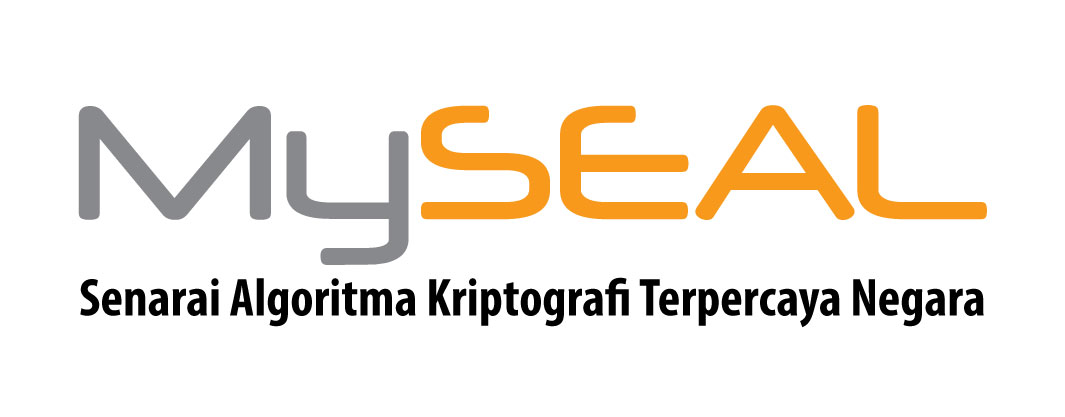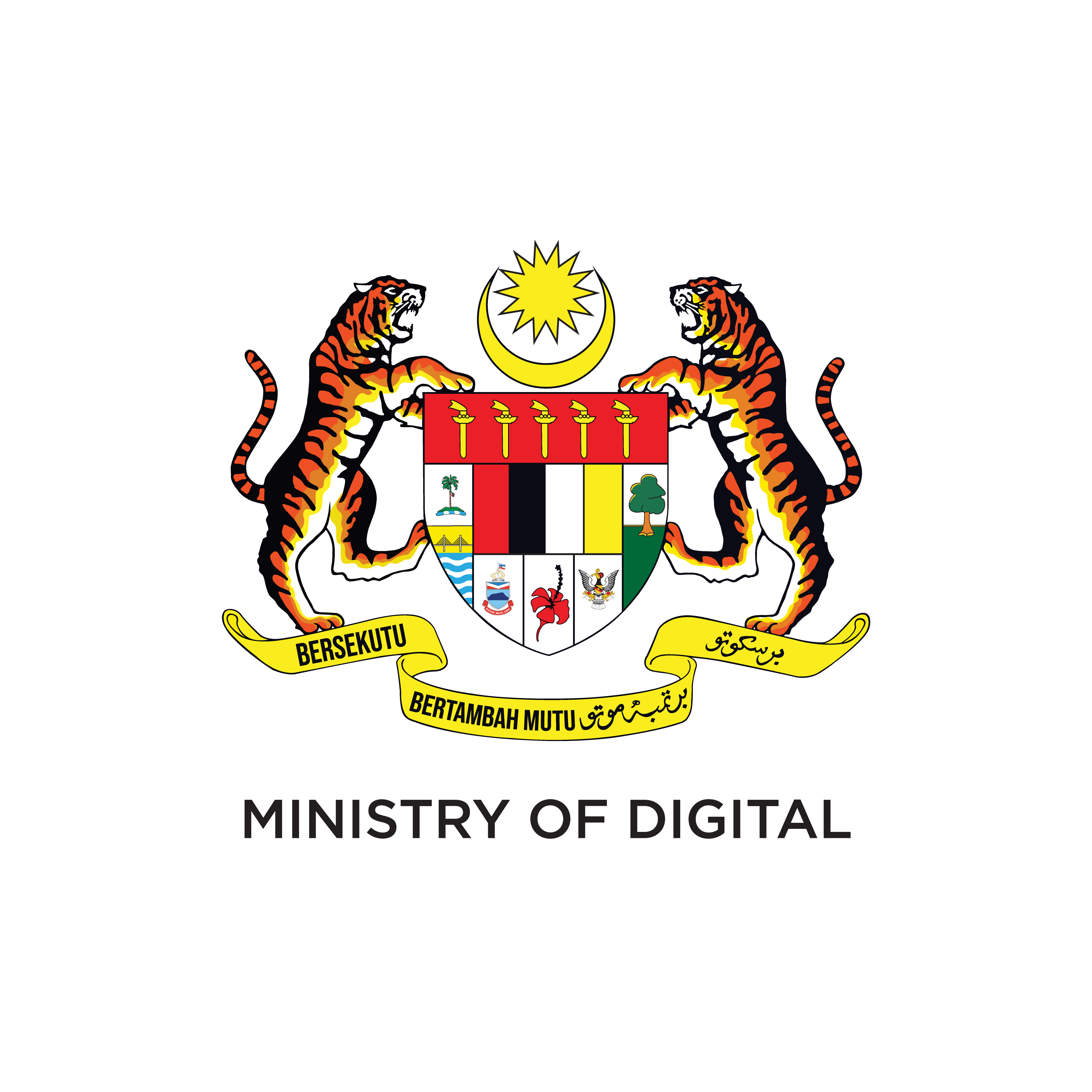National Trusted Cryptographic Algorithm List
Senarai Algoritma Kriptografi Terpercaya Negara

MySEAL, National Trusted Cryptographic Algorithm List (Senarai Algoritma Kriptografi Terpercaya Negara) is a multi-year effort that will be used as a requirement and guideline on the usage of cryptographic algorithms in all trusted cryptography products in Malaysia. The initiative was initiated in 2016, laying the foundation for developing and validating cryptographic algorithms in Malaysia. As a result, in 2017, the MySEAL initiative successfully produced a list of trusted cryptographic algorithms under the AKSA category.
Building upon the achievements of the MySEAL Project, the MySEAL 2.0 initiatives were continued in 2023. The primary objective remains unchanged: to provide a list of cryptographic algorithms in alignment with the National Cryptography Policy (NCP). While NCP serves as a guiding document for Malaysia to achieve cryptographic sovereignty, MySEAL 2.0 will support the scientific areas of cryptography and cryptanalysis. The introduction of MySEAL 2.0 initiatives signifies a commitment to evolving technologies and addressing emerging challenges in the field of cryptography.
MySEAL 2.0 initiatives, encompass two categories of cryptographic algorithms: AKSA and AKBA. AKSA represents Existing Cryptographic Algorithms (Algoritma Kriptografi Sedia Ada) that have already been published in recognised standards or have undergone thorough evaluation in established cryptography algorithm projects. These algorithms have demonstrated their security, efficiency, and suitability for cryptographic applications. AKSA includes algorithms endorsed by reputable organisations such as FIPS (Federal Information Processing Standards), CRYPTREC (Cryptography Research and Evaluation Committees), NESSIE (New European Schemes for Signatures, Integrity, and Encryption), and The European Network of Excellence in Cryptology (ECRYPT) Stream Cipher Project (eSTREAM), among others.
AKBA refers to New Cryptographic Algorithms (Algoritma Kriptografi Baharu) that have not yet been published in recognised standards or widely adopted in the cryptographic community. The AKBA category encourages local cryptographic experts and researchers to explore and develop novel algorithms. By providing a platform for evaluating these new algorithms, MySEAL 2.0 aims to promote the growth and advancement of the Malaysian cryptographic ecosystem. AKBA offers an opportunity for researchers and industry players to contribute cutting-edge algorithms and potentially establish new standards in the field of cryptography.
This initiative outlines a set of comprehensive criteria that have been established to ensure the integrity and reliability of cryptographic algorithms listed in MySEAL 2.0. These criteria have been carefully developed in accordance with internationally accepted standards and requirements, as defined by the MySEAL Focus Group committee. This committee, spearheaded by CyberSecurity Malaysia as the MySEAL Secretariat, comprises esteemed members representing various Malaysian institutions, including academia, government agencies, and industry experts.
MySEAL initiative is by no means a small feat. Ever since the documentation of the National IT Agenda (NITA) in 1996, which listed e-Sovereignty as one of Malaysia’s objectives in entering the Information Technology era, the execution of MySEAL has been a significant milestone for Malaysia. It is through this initiative that Malaysia will enter into the realm of information security fundamentals. This challenging arena will attest to Malaysia’s perseverance and stamina in protecting its information infrastructure at the cryptographic algorithm level.
Besides providing challenges and aspirations to Malaysian cryptographers, this initiative also aims at nurturing new talent and retaining existing talent. With this note, the MySEAL 2.0 initiative has given Malaysia a golden opportunity to provide a collaborative platform between government entities, industries, and higher institutions, to promote and encourage participants in developing new cryptographic algorithms and producing new cryptographers.

